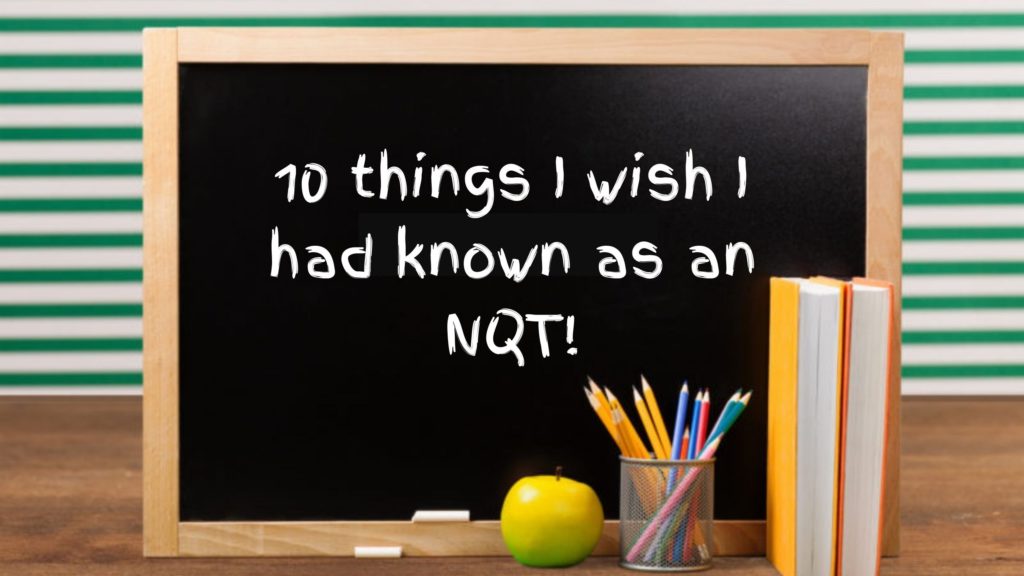Smiling at Christmas? Knowing your teaching style

‘Don’t smile until Christmas!’ – an oft-chanted piece of semi-serious wisdom, bandied about to new teachers at this time of year. I can never do it!
I’m much more invested in being happy and creating positive learning experiences. I mean, for all his nobility, Professor Snape clearly had no fun teaching or protecting Hogwarts all those years…
While this and other pieces of advice is humorous and oftentimes insightful, we ultimately know that no two teachers are the same and what works for one, may not for the other.

In our schools, we regularly assess (don’t get me started…) and develop our knowledge of each child’s skill-set to allow for better planning in their lessons. However, what we perhaps do less of, particularly after our NQT year, is understand ourselves in the classroom and how we might alter what we do to be as effective and happy in our work as possible.
Being aware of your personal style of teaching is as important as knowing the behaviours and tendencies of the children you teach.
Are you very formal? Do you prefer to maintain an impersonal learning environment that focuses exclusively on the learning?
Do you share your personality? Are you conversational and anecdotal? Do you flit around the room like a butterfly or are you a steady lighthouse, guiding from the front of the room? Are you the perfect egalitarian, or an indomitable authoritarian? Are you a loud brash ringmaster, or a calm whispering sage?
In my classroom, I have an energetic and often clownish approach. Particularly at primary school level, I’ll do all sorts; silly noises, accents, fake melodramatic reactions to things -all of which the children enjoy and respond to. It’s very flattering to overhear a Year 2 student as they point at you and say ‘he’s the funny teacher’.

However, it’s a double-edged sword; all this clowning around sometimes backfires. If I don’t measure it with firm boundaries and a clear focus on the work, children sometimes struggle to follow instructions from me or complete work at a steady pace as they think I’m there principally for their amusement.
“I have to turn the volume down on certain natural tendencies I have and increase the volume on others in order to find the right balance for each particular group I work with.
So, in the days ahead, observe yourself as well as the children – what parts of your style really help get things done, and which others perhaps need a little reshaping to serve you better?







Responses